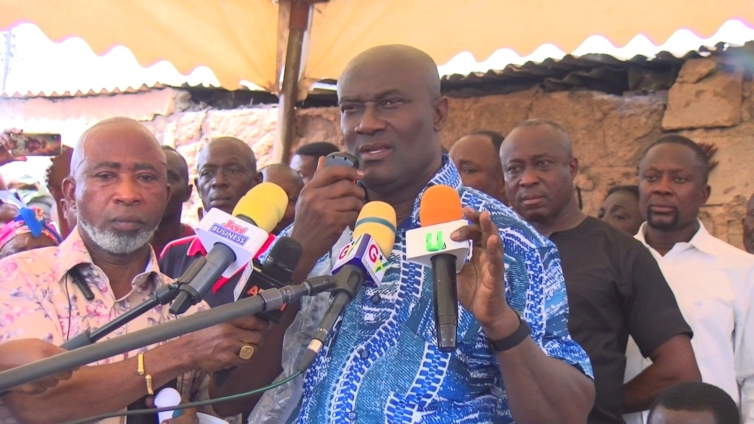Ghana was ranked as the second most attractive country in terms of power supply or electricity among 18 countries in Sub Saharan Africa, Fitch Solutions has revealed.
The country followed South Africa in SSA whereas Botswana placed 3rd.
According to the report, the country had one of the least Power Risk/Reward Index in the SSA region.
Ghana’s risk/reward index was slightly above 50%, whereas South Africa was nearly 50%.
Among the 18 countries, Sudan (18th), DRC (17th), Zimbabwe, Mozambique (16%) were ranked bottom. Their risk/reward index were very high.

“We expect political and economic risks to limit power sector growth in Sub-Saharan Africa over the next decade. Political instability and economic challenges in Sub-Saharan Africa will continue to pose major hurdles for power sector development.”
“Countries within the region, such as Ethiopia, Kenya, Nigeria, and South Africa are grappling with issues such as corruption, social unrest, and economic inequality, which deter foreign investment and complicate infrastructure project developments”, it added.
Furthermore, the UK-based firm said despite efforts by governments for power market reforms and private sector participation, the volatile political climate and weak governance structures undermine the effectiveness of these initiatives.
For instance, it said “in Nigeria, the ongoing conflict in the Northern regions and pervasive corruption issues have hindered the liberalisation of the power sector, limited the effectiveness of reforms, and deterred potential investors”.
Moreover, the economic outlook for SSA is clouded by high debt levels and limited fiscal space.
“An increase in public debt consumes a share of the national savings and this decrease in savings leads to higher interest rates, diminishing the incentives for investment. The International Monetary Fund (IMF) expects that the average debt ratio for SSA will remain elevated at around 60%, thus constraining public spending on infrastructure projects, including in the power sector”, it mentioned.
















